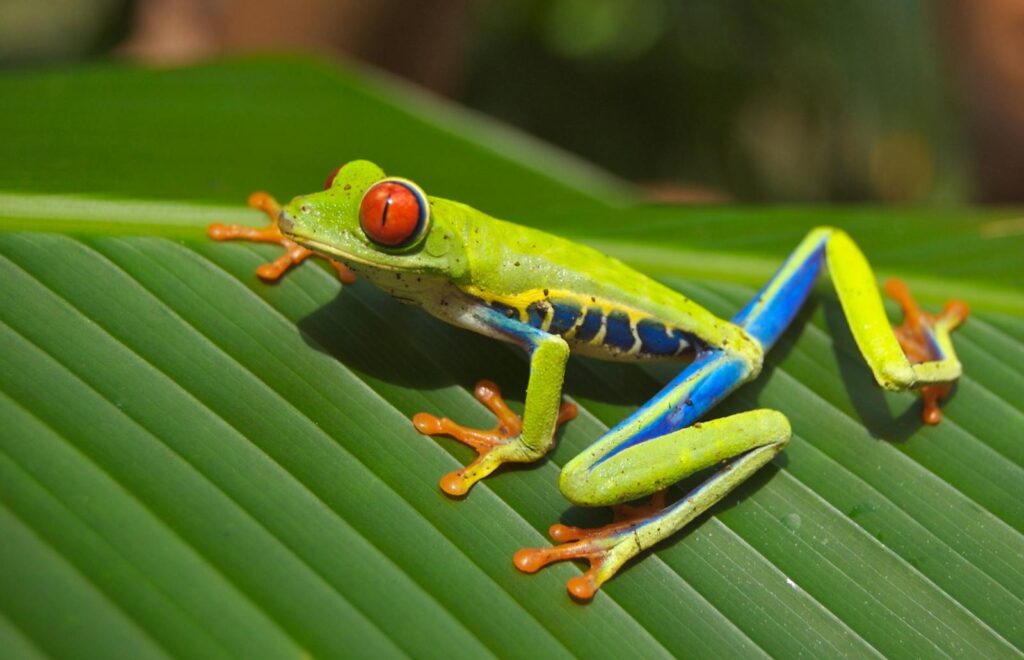Have you ever considered a tarantula as a pet? These eight-legged wonders are gaining popularity in the world of exotic pets. Although they may seem intimidating at first glance, tarantulas can be fascinating companions. Let’s explore the world of tarantula ownership!
The Low-Maintenance Marvel
Tarantulas are known for their low-maintenance nature. Their care requirements are relatively simple compared to other pets. A suitable enclosure, proper substrate, and regular feeding are the basics needed for a happy spider. Besides, these creatures don’t demand daily walks or constant attention.
Dining Habits of the Eight-Legged Gourmet
When it comes to feeding, tarantulas aren’t picky eaters. They primarily feast on insects, which can be easily obtained from pet stores. However, it’s important to note that live prey is preferred by these arachnids. Watching a tarantula hunt can be an exciting experience for pet owners.
The Fascinating Molting Process
One interesting aspect of tarantulas is their molting process. As they grow, their exoskeleton is shed periodically. This natural occurrence can be quite captivating to observe. During this time, extra care must be taken to ensure the tarantula’s safety and comfort.
A Rainbow of Species
Tarantulas come in various species, each with unique characteristics. Some are known for their vibrant colors, while others are admired for their size. Researching different species can help potential owners choose the right fit for their preferences and experience level.
Creating the Perfect Tarantula Home
A comfortable habitat is essential for a happy tarantula. A terrarium or specially designed enclosure should be provided. The size of the enclosure depends on the species, but generally, it should be large enough for the tarantula to move around comfortably. Proper ventilation is crucial to maintain a healthy environment.
The Art of Handling

While tarantulas aren’t typically handled like traditional pets, some species can be gently touched or held. However, this should be done with great care and respect for the creature. It’s important to remember that tarantulas are delicate and can be easily stressed or injured.
Health and Longevity
With proper care, tarantulas can live for many years. Females of some species have been known to live up to 20 years in captivity! Regular observation of your tarantula’s behavior and appearance can help detect any potential health issues early.
The Educational Value
While tarantulas may not be cuddly pets, they offer a unique and educational experience. Their behaviors and adaptations can be endlessly fascinating to study. Plus, they make for great conversation starters when guests visit your home.
Tarantula Myths Debunked

Many misconceptions surround these misunderstood creatures. Contrary to popular belief, most tarantulas are not aggressive and will only bite as a last resort when feeling threatened. Their venom, while painful, is generally not dangerous to humans unless an allergic reaction occurs.
The Reward of Unconventional Pet Ownership
In conclusion, tarantulas can be rewarding pets for those seeking an unconventional companion. With proper care and respect, these fuzzy creatures can thrive in captivity. They offer a unique perspective on the natural world and can help foster an appreciation for the diversity of life.
So, why not consider adding a little eight-legged friend to your family? Remember, responsible pet ownership involves thorough research and commitment. If you’re intrigued by the world of tarantulas, dive deeper into learning about specific species and their care requirements. You might just find yourself falling in love with these fascinating arachnids!


